People Of Color Who Were Adopted By People From A Different Race Or Ethnicity Are Sharing The Things They Want People To Know, And It's Starting An Important Conversation
We recently asked members of the BuzzFeed Community to share their experiences and advice about being adopted into families of another race or ethnicity. Here are their most insightful submissions:
1."Adoptive parents need to be open and honest with their child about their culture and race. My adoptive parents are very white (blonde hair & blue eyes) and I am not. I am Mexican am I am NOT white-passing. They told me my whole life I was white just like them. That created bigger identity issues for me as I had never seen a person that looked like me where I grew up. I tried bleaching my skin and wearing blue contacts to fit in with a race I was told I was a part of."
"Every time I met someone new, they'd ask what I was because I 'looked exotic.' I felt so alone in the world where I didn’t fit in anywhere and didn’t feel like I belonged to any group. In my 20’s I found out I was Mexican & Native American. This brought so much happiness & it started my journey of self-love."
—Anonymous
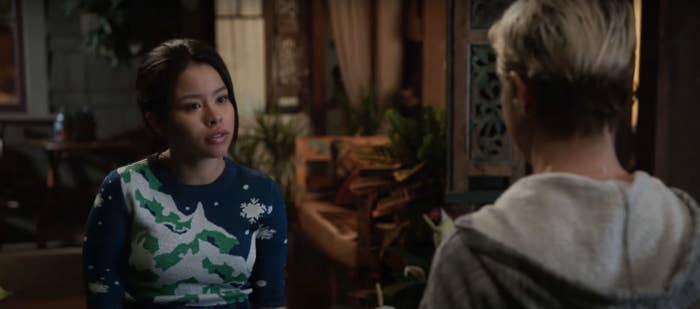
2."I'm half white and half Pacific Islander. I was adopted as a baby and grew up in a very white community. I love my family and wouldn't change being raised by them, but I still dreamed of knowing more about my Polynesian family. Which, if you know anything about Pacific Islanders, they don't usually give babies up for adoption. I would later find out my Polynesian family never meant to give me up and were told lies in order to get their permission. All my life, they have watched over me from a distance. They were kind of made out to be the bad guys by my biological white side, so I was scared of them for a while. I'm happy to say that I decided to learn about my adoption from their side of the story and now I know the truth and that they are good people."
"I wish I could have grown up with them in my life. It would have helped me immensely. I don't think I'd feel like such an outsider. I think it's important for people to know that just because an adoptee wants to learn more about their heritage or be connected with their biological family does not mean they are ungrateful for their adopted family. To me, that is my real family, my core. But, until you have been in the shoes of an adoptee, you have no idea the identity crises some of us experience, especially transracial adoptees. I wouldn't change who my mom and dad are for anything, but I wish I could've had a relationship with my bio family growing up. It would've answered a lot of questions and given me a real connection to my culture.
3."I am half Hispanic, but I pass as a full-on non-Hispanic, white person. Whenever I bring my ethnic heritage up, my adoptive family gaslights me and downplays the memories and experiences I had with the Mexican side of my family. They even convinced me for a while that my mother was just exaggerating the extent of her Latina heritage. Eventually, I felt like I was going crazy, so I found my birth mother on Facebook, and one look at her profile and the profiles of all my blood relatives through her was enough for me to realize my adopted family was just lying to me. This has severely affected the relationships I have with my adopted family. How am I supposed to trust them if they cannot acknowledge basic facts about who I am?"
—Anonymous
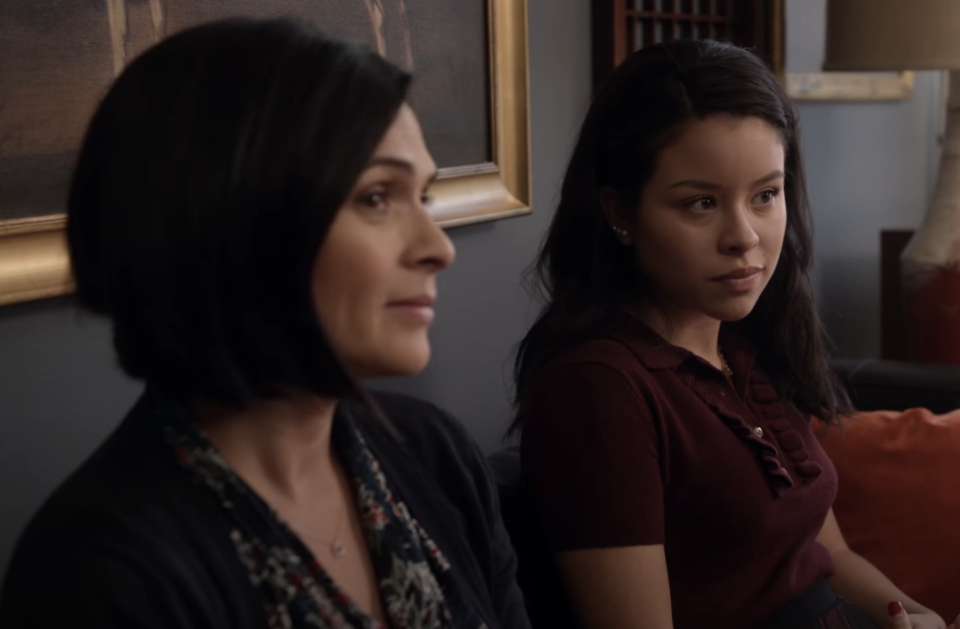
4."Infant separation is a traumatic event that stays with you for life. A lot of adoptees call dealing with this as 'coming out of the fog.' People understand you can't separate puppies (and other mammals) too young, but not with human babies. Don't believe the PR, adoption is not all rainbows. When adoptees find out how much they cost it is dehumanizing. I know I won't find out until my white adoptive parents die and I'm bracing myself for it. Not all adoptees (like myself) support adoption. I feel that being given away because of financial inadequacy, and being bought, is never going to be the best thing for the child. I remember when I was a very young child asking my adoptive parents why they didn't just give my bio mom support and money, and being met with unbridled hostility, never again asked."
—Anonymous
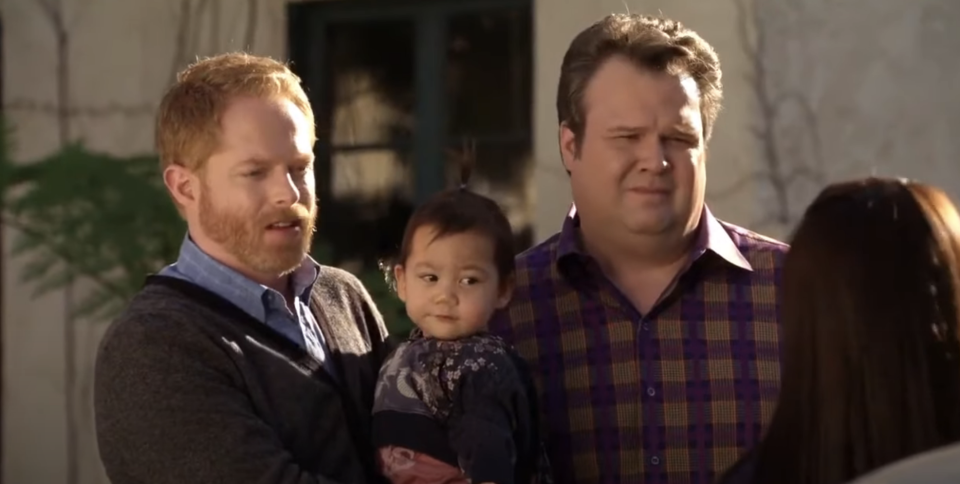
5."Being a transracial adoptee meant being mistaken as the nanny of my little brothers. I’m Latina and my brothers are white."
—Anonymous

6."I want to tell you that it does not necessarily get easier in adulthood. If anything, it can be even trickier to navigate familiar relationships because you actually understand when microaggressions take place."
—Anonymous
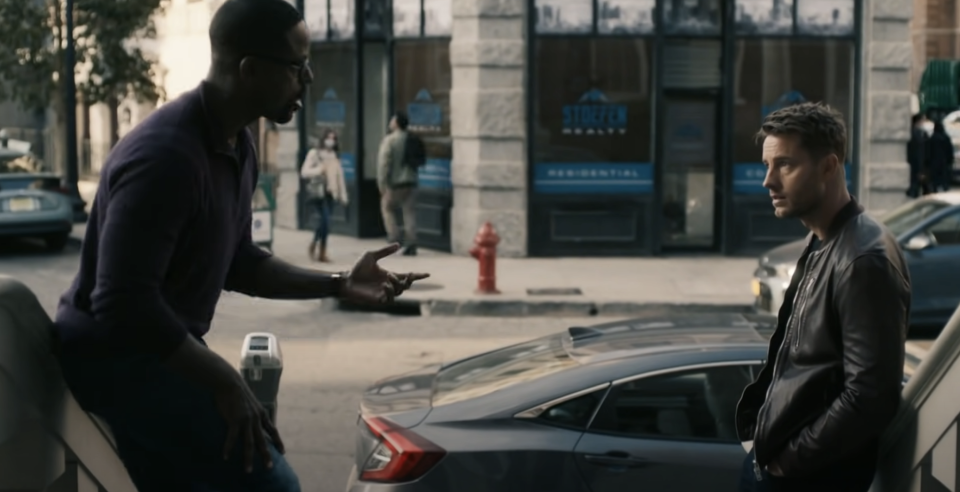
7."I want people to know that just because my white adoptive parents have an Arab daughter doesn't make them tolerant of other cultures or my culture. I've had to unlearn a lot of racist misconceptions that I was taught. Primarily, I had to learn to love my skin and unlearn the shame of being brown. I'm still working on not feeling the need to avoid direct sun exposure so I don't go too dark, but hey, I no longer fantasize about being white, which honestly used to help me go to sleep through my childhood and teenage years."
—Anonymous
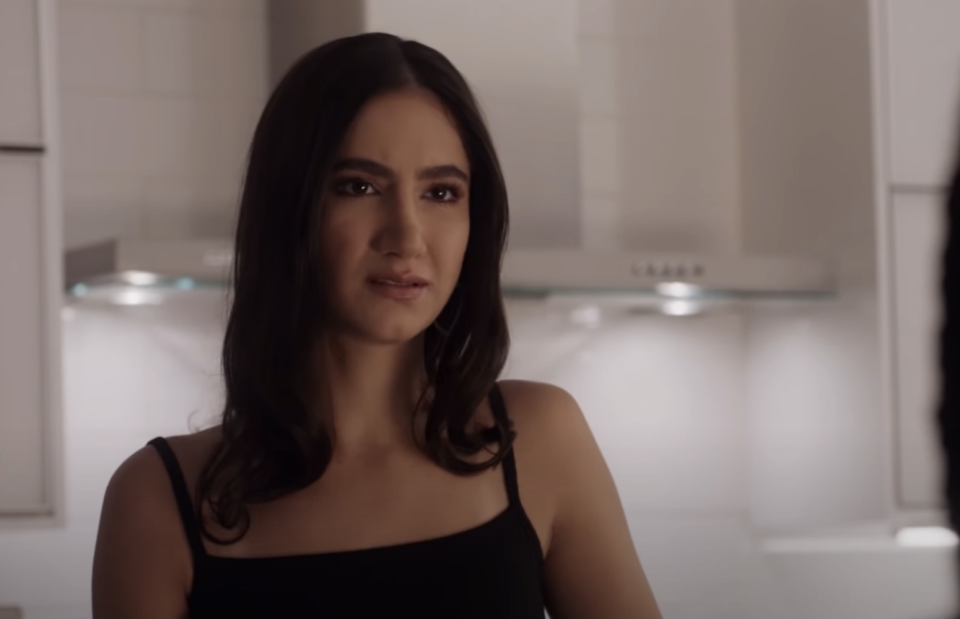
8."I am a Black, bi-racial woman adopted by white parents when I was 5 and a half months old, so I never knew any bio-family. I don't think my parents ever discussed my race, but as I was in a white town and white school, people noticed. I was bullied massively at school, yet it was my first-grade teacher that explained slavery to me, not my parents. It was as if since it didn't matter to them, it wouldn't be an issue for anyone else. Maybe they didn't know how to address the subject of race, I don't know. My mom could never do anything with my 'afro' hair, so it got cut. I had no Black role models and no ties to the Black community (there wasn't one where I lived). I had my first Black friend when I was a freshman in college. Today, at almost 50 years old, I know nothing about Black culture except what I see on TV."
"To those who adopt outside their race and culture, PLEASE find a way to attach your child to their racial and cultural heritage. Find appropriate social groups for them. Teach them about their 'other side,' don't expect their school to do it for you. Find cultural-matching holidays to celebrate. If you're not sure how to open relevant doors to cultural connections, ASK for help. Help your child find out about all of who they are."
—Anonymous
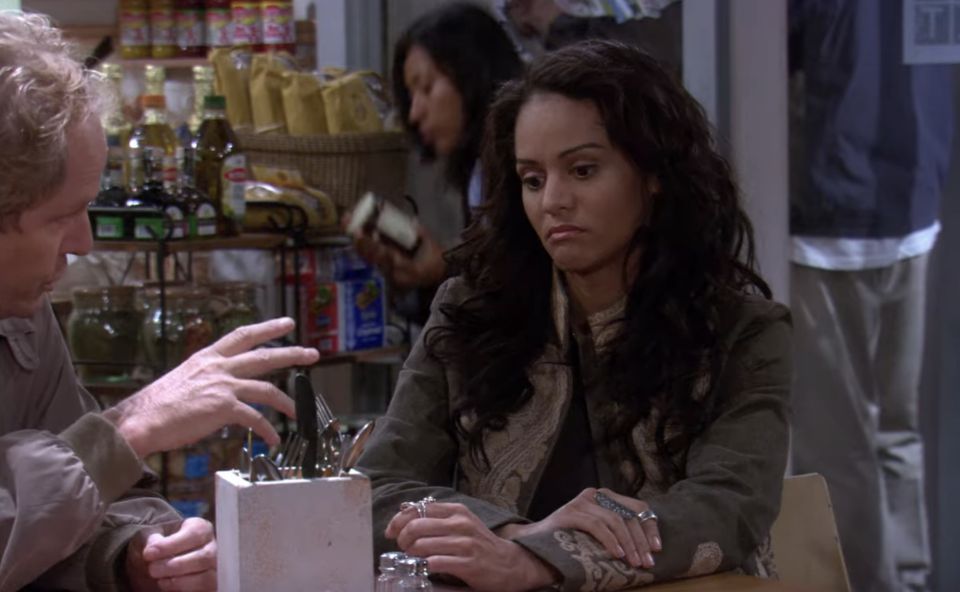
9."Working to reconcile my race with that of my white parents is a battle every day. Sometimes neither of us wins, especially during the summer of 2020 during the height of the Black Lives Matter protest and Anti-Asian Hate. I’ve had to move across the country to get away from my white family. Not only do they not believe in these movements, they see me as white or the exception. It’s harmful to me to hear them generalize people of color so harshly knowing good and well I am one."
—Anonymous
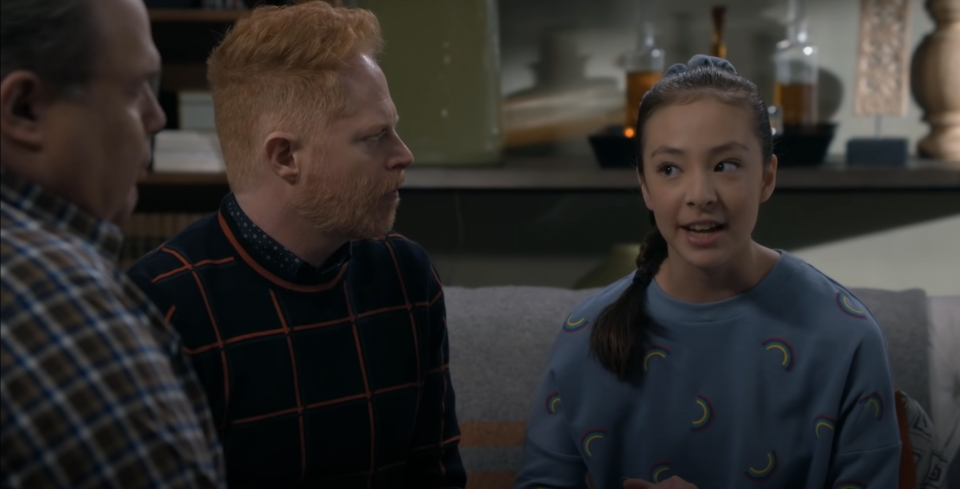
10."I’m a TRA (transracial adoptee) from China and so is my younger sister but she's from a different area. My mom is white with red hair, pale skin with freckles, and blue eyes. My dad is half Japanese and half Romanian. The biggest thing I found was that people seem to think it’s ok to just come up to me or my parents and start asking questions. I’ve been asked why I was abandoned and why I don’t look like my parents. My parents were asked how much I cost (as if I were something to buy). It really bothered me how much people stared when we were out."
"Even as young as 5 years old, I didn’t want my mom walking with me all the way to school. She waited at the bottom of the hill to make sure I got to the door but she did not walk with me because random kids would ask really insensitive questions. I found it really hard to tell people I was adopted until late high school because I didn’t want to try and explain what it all meant since they just were rude."
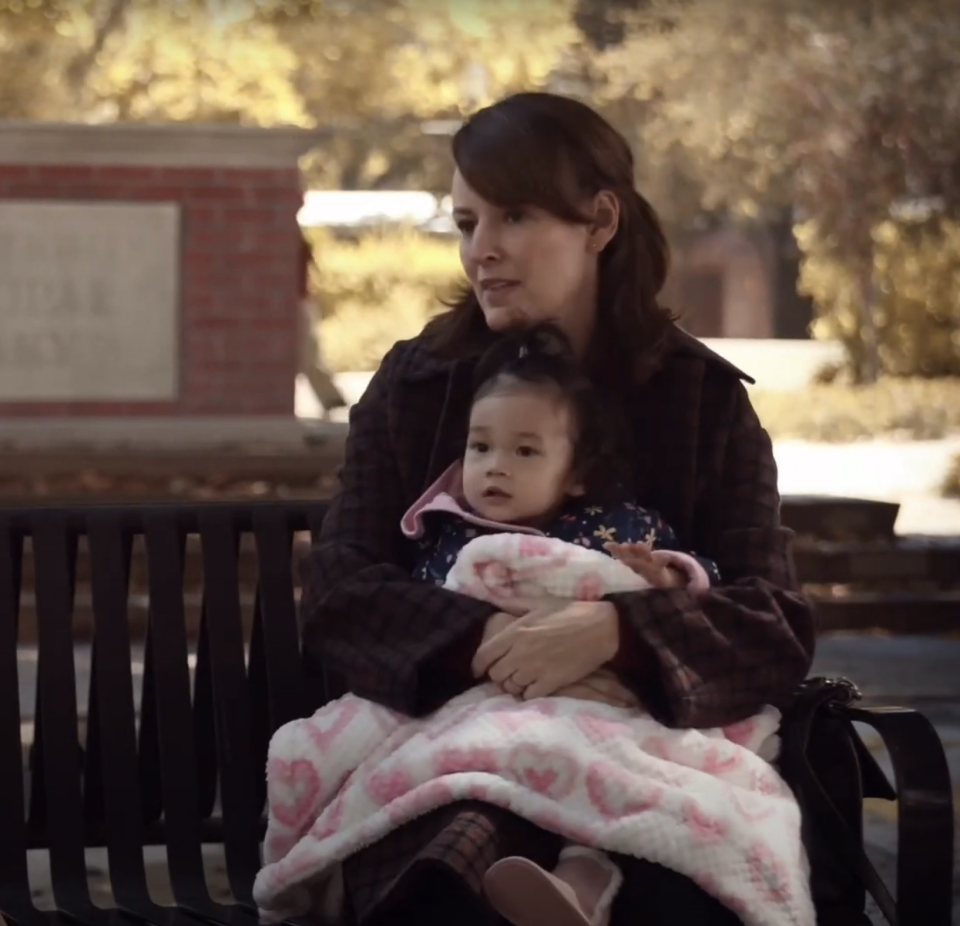
11."I’m Puerto Rican and Black, was adopted by two Irish Americans from NYC, and raised in an extremely white suburb of New Jersey. As I got older, I was and am now able to understand all the different eyes that came my way. Some eyes were filled with confusion while others were filled with pity, anger, and even disgust. Some were even from relatives of my adopted parents. I never felt that I belonged. Loved? Yes..but only by my adopted mother. It may not have been so bad had my adopted parents been people of color. Now, as a man almost 45, I still don’t feel like I fit in with white people, Black people, or other Latinos."
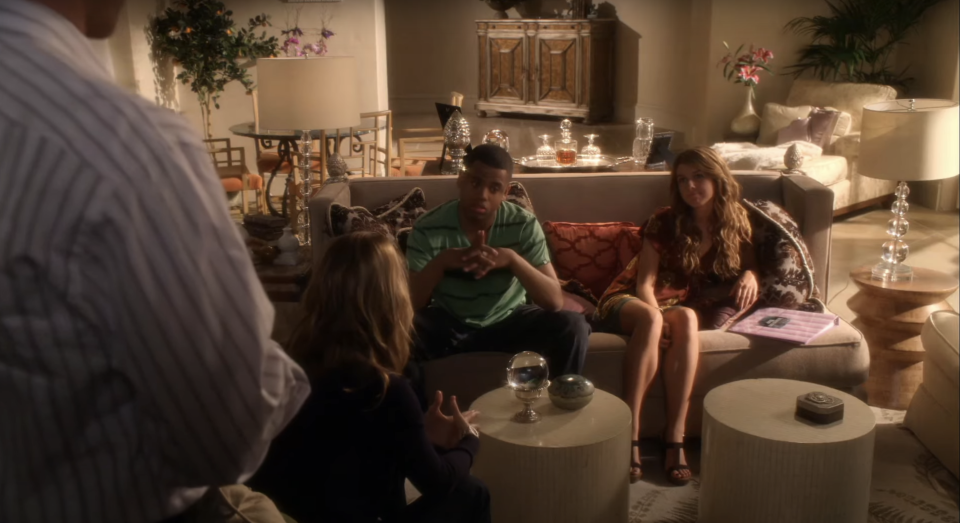
12."I was adopted from South Korea by a white family and raised in the San Francisco Bay Area. I had very little exposure to Korean culture in my life but was exposed to Filipino and Chinese culture frequently. As an adult, I’ve done a lot of work and know now that this exposure just deepened my imposter syndrome. I was clearly not white like my family but was also not Filipino or Chinese. For adoptive families, I’d love for them to really listen to the adoptees in their lives. Find a way to push past their own ideas about adoption and perspective and just listen."
"For adoptees, I want them to know that however they feel about and view adoption is valid but make sure it’s how THEY feel and not how they’ve been guided to feel about or view adoption. Sometimes there’s a kind of fog that hides the trauma of adoption from us and it took me many years of hard work to come out of the fog. I can see the good and the bad and am better for it."
13."I’m a transracial adoptee and intercountry adoptee from South Korea to Minnesota. I was raised in an all-white family in a nearly all-white community where my Korean culture, traditions, language, foods, and heritage were all erased. I didn’t have any biological family until I had my own children. It’s weird looking at them and seeing that genetic mirroring. I have absolutely no medical history to speak of. No stories of my birth. No pictures of me before I was a few months old.I have experienced and continue to experience countless biases, prejudice, microaggressions, and racism from within my white adoptive family, friends, and people I encounter on a daily basis. I came out of the adoption and racial fog in 2020 at the age of 33 and it has been the most life-changing, painful, scary, liberating, and exhausting thing I have ever gone through and will continue to go through."
"Growing up, I had practically no racial mirroring anywhere: not my family, friends, community, adults in my life, movies, books, music, toys, and more. I don’t know either of my biological parents or family. I am now working hard on figuring out my identity as a Korean by learning my language, reading and writing Hangul, cooking and eating Korean food, watching and listening to Korean shows and music, and celebrating traditions and holidays. I learned how to pronounce and write my Korean birth name at the age of 34. I have very severe imposter syndrome where I’m too Korean looking to be accepted as American but too culturally American to be accepted as Korean."
—kkad
14."I'm a transracial adoptee from China. When I was adopted, I moved to California and was raised in a Latinx and Black household with an extended white family. It's definitely weird not having anyone looking like you, and having strangers not believe I was with my mom, godmother, or relative when we were out. It made me realize the racism though because people would treat different members of my family poorly, depending on the shade of their skin. Now I have a BA in ethnic studies & MA in intercultural communication and I do DEI (Diversity, Equity, and Inclusion) work."
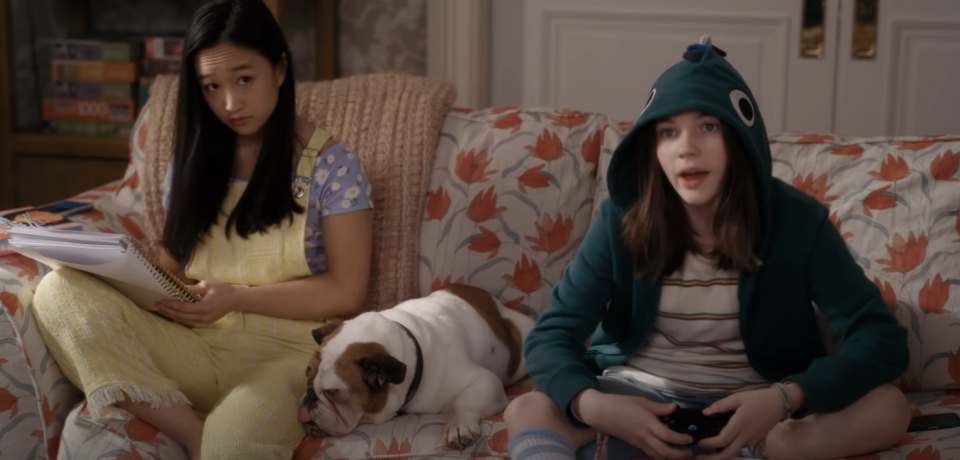
15."Please don’t silence or speak over the voices of adoptees. Many of us aren’t able to process our trauma until much later in life. And that doesn’t always mean we don’t love our adoptive families or that they are bad people. Many of us weren’t helped with navigating our adoptions as transracial adoptees. Please listen to our experiences and don’t ever tell us what we should feel or think or behave. I had that experience recently and it was gut-wrenching and I still have trouble dealing with it emotionally at 34."
—Anonymous
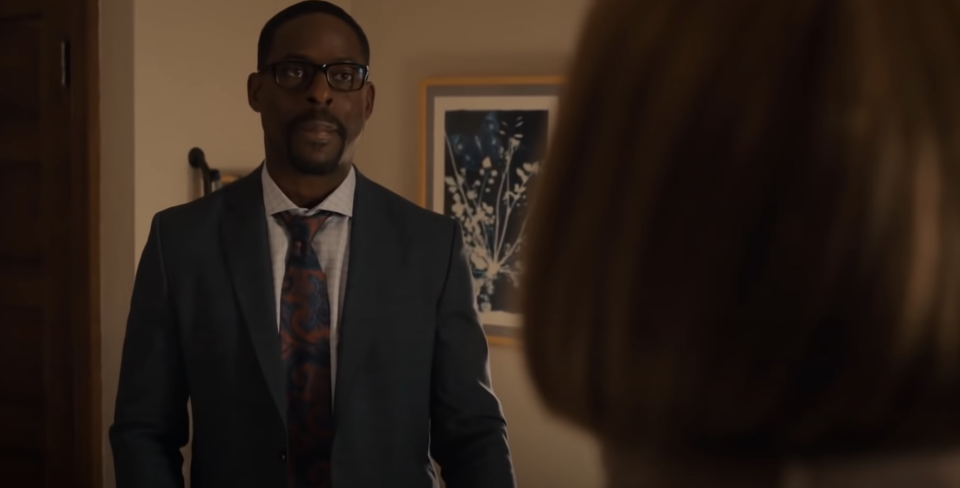
16."I think a lot of people within our families and community around us erase our racial identity and see transracial adoptees as 'not like the others' of their race. I’ve had so many family members and other white people in general, feel comfortable saying very racist things around me, even things about other Asian people (I’m Vietnamese), due to not seeing me as Asian or because I have an American accent so I’m 'not like them' aka other Asian people."
—Anonymous
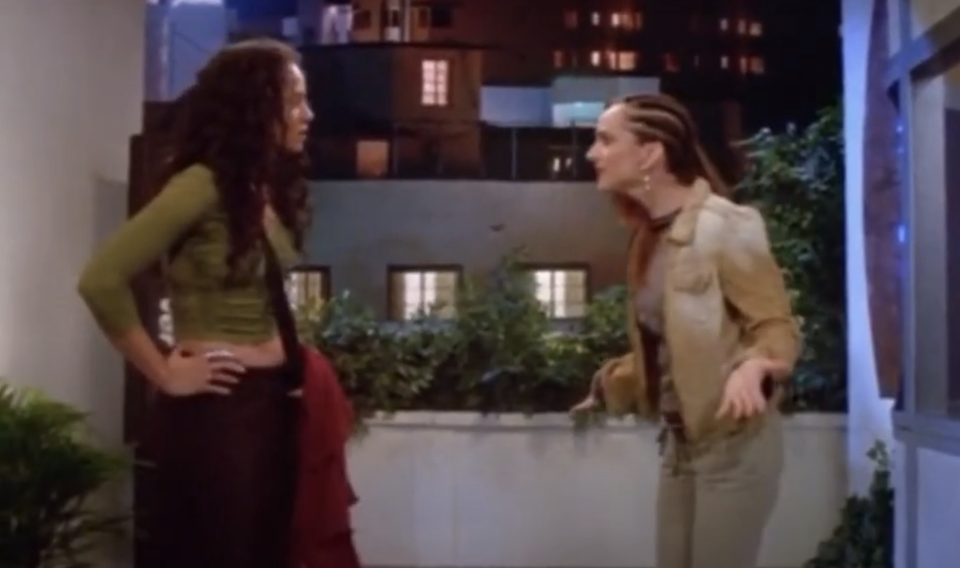
17."Strangers frequently questioned if I was related to my family since I didn’t look like them. I remember people asking my mother how much I cost and where I came from. Then these people tended to praise my parents for saving me from poverty and destitute life. I spent my childhood thinking I should be grateful."
—Anonymous
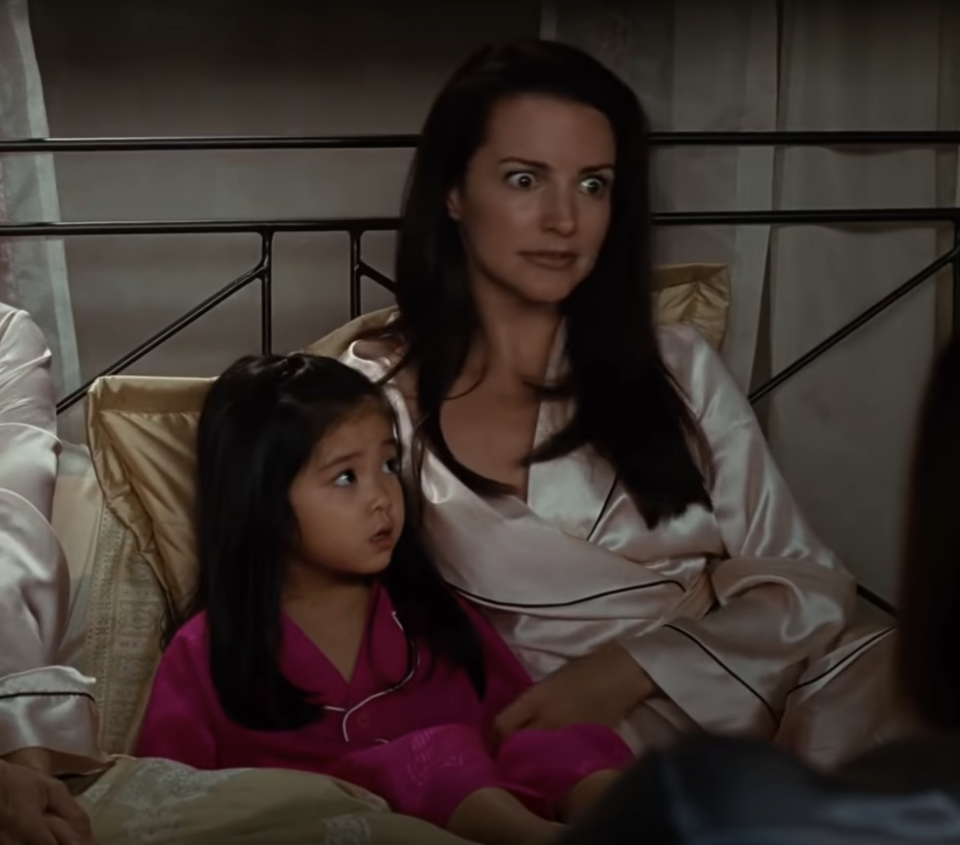
18."I am a Honduran girl adopted by a white family in a small white Midwest town. My family made me feel ashamed to be brown. I didn’t fully understand my own race hatred until after college. For example, I had uncles at the holidays who would say negative stuff about Mexican people and would make fun of people with accents. Once my brother said he left a party because there were too many black and brown people there. As an adult, I have trouble making friends of color. I don’t know Spanish and know nothing about my culture."
"Most of my adult friends are white by default because it's my comfort zone, but I sometimes wonder if to some of them I’ve been the token friend. I have tried making friends of color but I’m always 'too white to fit in.' As a child, I was shy and quiet and no one could figure out why. In reality, being raised in a white bubble I didn’t have the vocabulary to express how I was feeling or how lonely I felt. How scared, confused and angry I was. As an adult I self see my adoptive family. Every time I do I feel like I am the same scared little girl."
—Anonymous
19."Growing up, I was stared at whenever I was with my white parents. If I invited my friends to go out with us, they’d think the white kids were my parent's kids and I was the friend. Having people tell me my friend belonged more than me also was hard on me. I understand it’s a common assumption, but when I’m clearly holding my mom’s hand or dad’s hand when I’m a kid and having others question 'who I belonged to.' is rude."
"Telling my parents how brave they were to adopt a minority or how selfless they are to take on that challenge, as if I’m a burden is difficult to hear as a child. You question yourself a lot and wonder if you’re worth it if that’s the narrative given to you."
—Anonymous
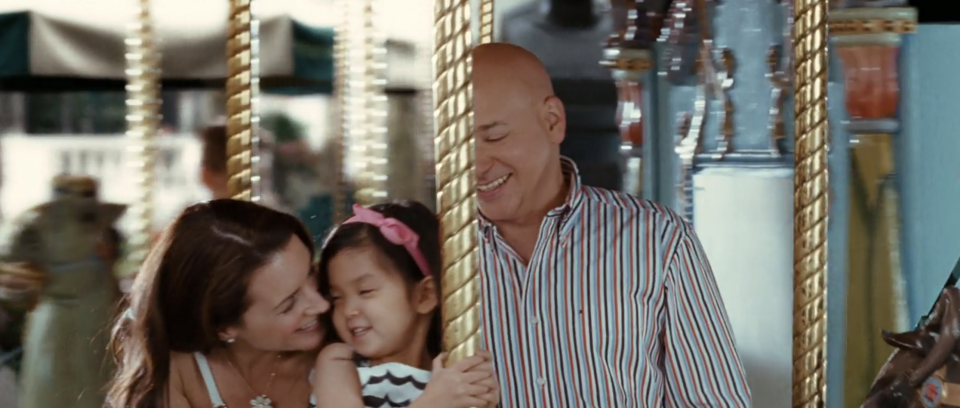
20.And lastly, "I was adopted as well as seven others, so we were a multiracial family of 10 kids (5 were South Asian, 2 were Black, 1 was white, and the 2 biological children were white). Growing up in a VERY white Chicago suburb was a trip. My parents are white and I believe did what they thought was best, but I wish they would have dropped the 'We saved you all' narrative and taught us more about our origin countries and cultures. I'm 33 years old now and have weird complicated feelings about my own adoption in recent years because it was something I wasn't expected to really explore, but instead, to just be grateful about. We need to drop the 'savior' aspect of adoption and talk more honestly about how it can be traumatic. We need to focus the narrative more on the adoptee's perspective and not on the adopters as much."
—Anonymous
Note: Submissions have been edited for length and/or clarity.

